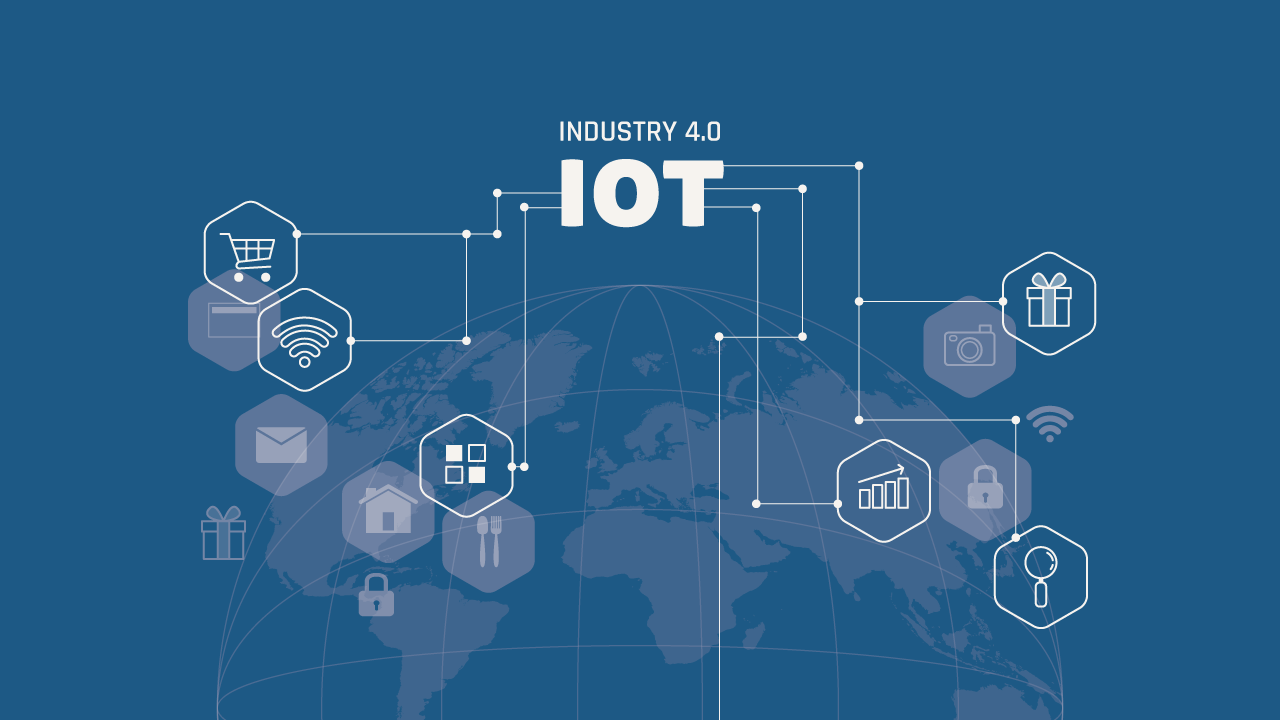Project management is a set of methodologies for planning and directing the process of a project. A project consists of a specific set of operations designed to reach a goal with a specified range, resources, start, and end.
- Manage the start and evolution of your project.
- Manage and address issues that occur during your project.
- Facilitates project completion and approval.
Since the project is independent of day-to-day business activities, it is necessary to hold a series of meetings to confirm the specific purpose of the project. Efficient teamwork is essential to the success of a project. How project management directs work depends on several factors, including scalability (potential for project growth), importance, and task complexity and working with ai based project management tools
The basic purpose of project management (oil, gas, mining) is to achieve pre-established goals to benefit the organization. The purpose can be expressed from the following perspectives
Results (such as the establishment of a new headquarters). Results (such as employee relocation to a new headquarters). Benefits (reducing costs for food management, machine or equipment maintenance) or strategic goals (such as doubling performance)
These constraints are part of every project and together form a project management triangle. The scope is important for specifying every step in project development.
Time, on the other hand, is an irreplaceable resource. You can control the process, but you cannot control the time. Therefore, using time efficiently, keeping projects on schedule, and achieving goals is a real challenge.
However, the cost consists of a budget set in the early stages of the project. It is then compared to the originally proposed figure. The three constraints are interrelated and highly dependent on each other. The less time allotted to a project, the higher the cost. Also, the scope of the project determines the pace and set of resources required to complete and complete the project successfully.
The project management (oil, gas, mining) that provides training in project management. To certify your knowledge of project management, this organization has eight types of certificates.
Project Feasibility Analysis (Feasibility Study)
This is the first phase of the project and is based on an analysis of whether to continue. This step is often performed because the profits a company makes from implementing a project outweigh the investment. When investigating project potential, factors such as time, resources, and cost need to be considered. The project feasibility analysis should include:
- We are creating project tracking logs in business software.
- Preliminary analysis of the scope of the project (proposed scope of the project, how it will be implemented, departments involved, etc.).
- Project execution risk analysis;
- Analysis of expected benefits and costs agreed deadline feasibility and required quality.
- If the feasibility analysis balance is positive, you can proceed to the second phase.
To configure these tasks and resources with the highest accuracy, project management (oil, gas, mining) need to do the following:
- Review the project scope analysis.
- Estimate effort, cost, and resources.
- Define a project plan.
- As the project progresses, all this information must be written in terms of the contract.














